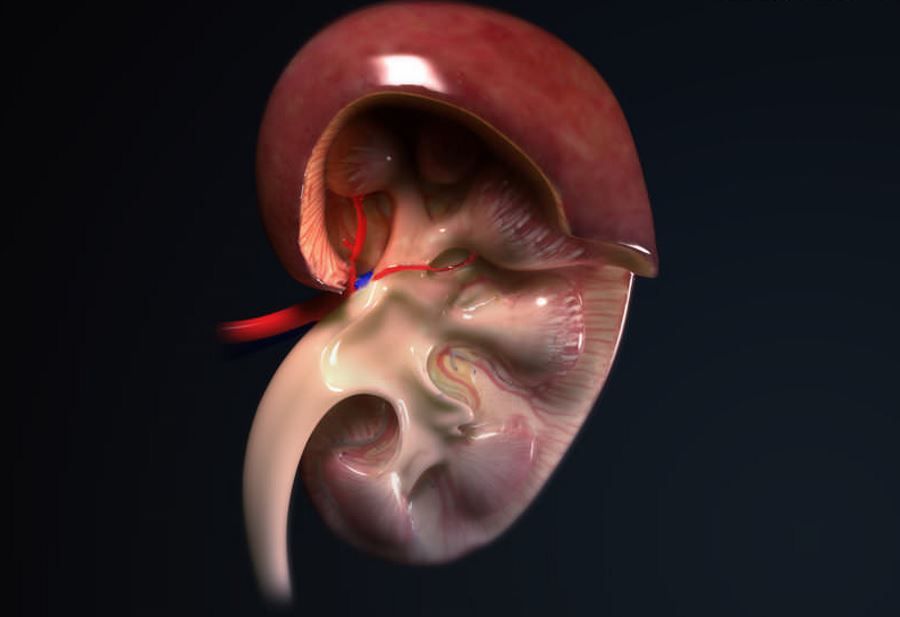The National Science Congress has begun
The National Science Congress is one of the largest and most important events in Polish science in recent years. On September 19 and 20, nearly 3,000 representatives of the academic community and invited guests representing the economy, local governments, the world of politics, local government institutions will meet at the ICE Congress Center in Krakow.
The idea for the congress was born out of the increasingly widespread belief in the academic community that, despite the many reasonsow to be proud of, ogoThe current situation in Polish science and higher education is not going in the right direction and requires systemic changes. Over the past two decades, in terms of the number of osob with higher education Poland has managed to catch up and even overtake many countriesoin Western Europe. Unfortunately, this undoubted success has been followed by a decline in the level of higher education. Although many outstanding Phow, the average level of doctorates has also declined, and the same can be said of habilitation.
Science in Poland is developing more slowly than in many other countries due to which Polish universities occupy lower positions in international rankings. This causes an exodus of the most talented Polish youth to foreign universities of higher repute, and a lack of interest in talented studentsow and doctoral studentsoin from abroad to study in Poland. Numerous undesirable phenomena have also become common, such as courtesy reviews, or the inefficient system of scoring scientistsow, whichory has created a whole industry of sham conferences and publications serving only to scoreoin, rather than developing science.
This is compounded by the fact that science in Poland is severely underinvested, in terms of inputsoin research, our country is in one of the last places among theod countryoin the OECD (Organization for Economic Cooperation andoThe Ministry of Science and Higher Education has commissioned a study on the new law. Organization for Economic Co-operation and Development). On the other hand, the current Law on Higher Education of 2005 has been amended several times and has become opaque.
More and more osob believed that systemic changes could not be made based on amendments to the old law. In this situation, the idea of creating a completely new legal order in science and higher education in Poland from scratch was born. However, in order for it to be a law based on whichohe new law will allow our science to start catching up with the leading countriesoin Europe, and students will be able to study in Poland at universities not inferior in level to the best European universities, whichora will function for at least several decades, a decision was made to write this law in a process of the broadest possible consultation with the academic community, carefully analyzing solutions adopted in other countries.
Such consultations were held as part of program conferences, whichore were held in nine cities in Poland. RoAt the same time, the Ministry of Science and Higher Education announced a competition for the preparation of assumptions for a new law. The three winning teams prepared three concepts of not so much specific provisionsow, which statutory solutions in all areas.
NKN is a kind of summary of earlier debates. Headohe highlight of the Congress is to be the presentation of the assumptions of Act 2.0, the new constitution for science and higher education, whichora will cover the entirety of issues related to this field, today regulated by four laws: The Law on Higher Education, the Law on Academic Degrees and Titles, the Law on the Principles of Science Financing, and the Law on Student Loans and Credits.
The congress was opened by the rector of the Jagiellonian University, prof. Wojciech Nowak, whoory mowished about the new law. – We have been discussing this law for 1.5 years now. (. ) We are doing this because there is an impulse in us to the need for change, change thatoThe three winning teams prepared three concepts, not so much specific provisions for studying in Poland, as specific provisions for studying in Polandoj and better contact with the world and Europe,” said. He also thanked Deputy Prime Minister Jaroslaw Gowin for choosing theor of the Jagiellonian University to the meeting place.
ByoPanels and seminars will be devoted to the various areas regulated by the new law. Congress will take up the issue of wyropotentialoin particularolne development in Polish science on the basis of a study prepared at the request of the Ministry of Science and Higher Education. The congress will also address the use of national and EU funds for the development of scientific, basic and applied research, their commercialization, wspohe cooperation of science with the economy and the development of higher education.


